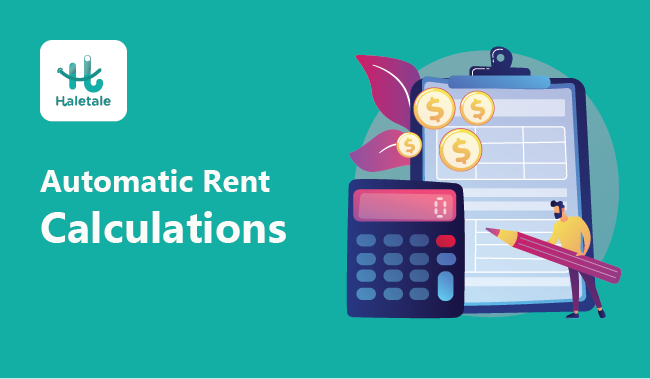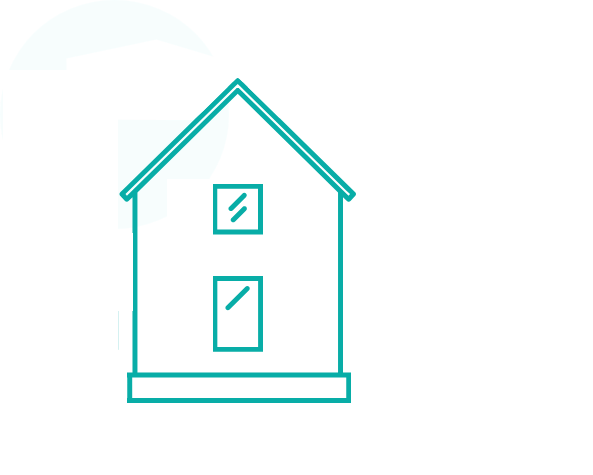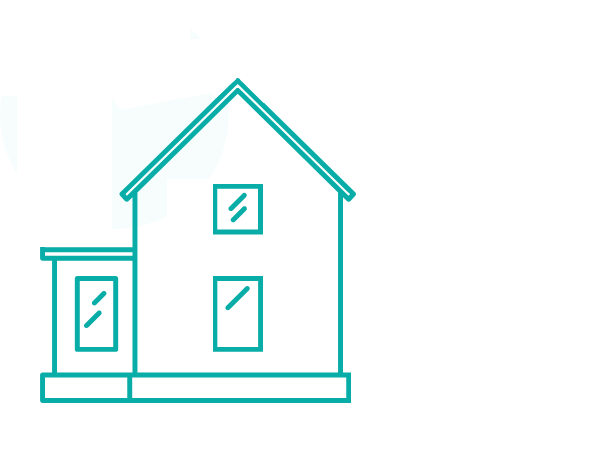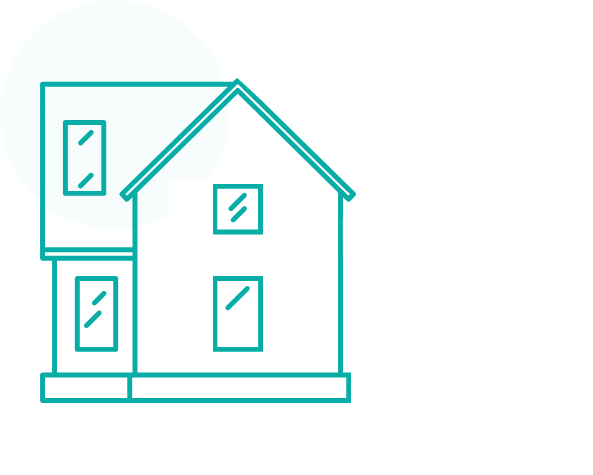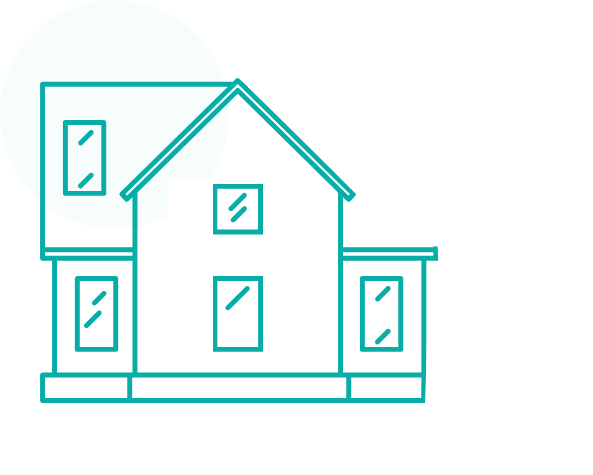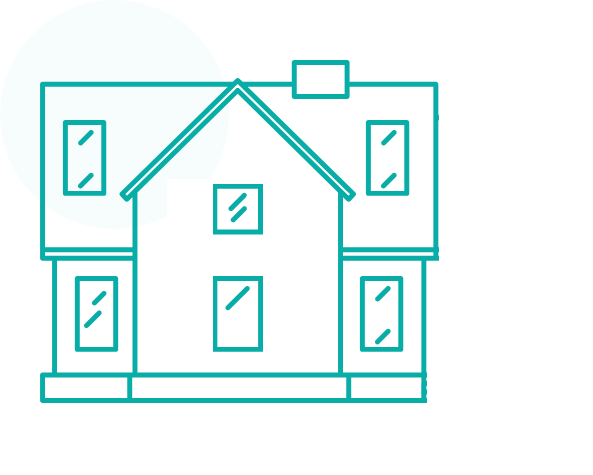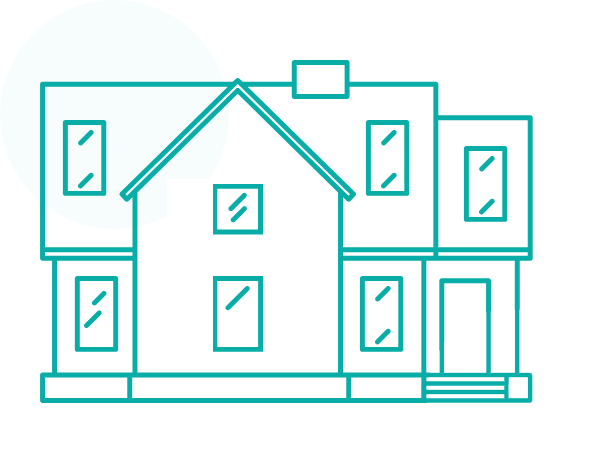Maybe the most important component of a viable property management business is efficient financial management. As with any other business, managing budgets and maximizing revenue streams represents the most important factor behind long-term success. When dealing with multiple properties in a portfolio, it becomes imperative to streamline financial processes in order to avoid confusion and losses in revenue. Manually performing tasks like rent collection, vendor payments and accurate financial reporting can be time consuming and stressful. In recent years, these tasks have gradually become simplified by the introduction of digital solutions. The advantages in terms of accuracy and speed of these solutions over traditional means cannot be overstated. These tools make tracking income and expenses much easier and directly improve the profitability of the property management business by enabling better decision-making and strategic planning. This article will explore some of these Property Management Accounting Software and why they are so important to the modern property manager.
The Role of Accounting in Property Management
Property management is quite a complex field with numerous responsibilities. One of the most challenging of these responsibilities is financial management, especially when handling multiple properties in a portfolio. A property manager may be responsible for budgeting, revenue tracking and ensuring the books are compliant in case an auditor would need to look at them. Efficient financial management is a definite cornerstone of a viable property management business because, as with any long-running business, maximizing revenue and effective budgeting is essential for sustained success.
For the most part of history, these financial management tasks have been done by hand, making them a tedious process. The advent of digital account management solutions has been a boon to financial managers due to its simplification of these previously tedious tasks. It provides numerous benefits such as speed, accuracy and ease of use, making it especially useful to property managers looking after multiple properties.
Five Key Reasons for Using Property Management Accounting Software
As indicated above, performing financial management tasks by hand is a long, tedious process. It was also made clear that the advent of technology has gone a long way towards simplifying some of these tasks. Asides simplification though, there are multiple advantages to using accounting software in your property management workflow. Some of them include:
-
Time Savings and Automation:
By automating routine tasks like invoicing and payment processing, property managers are more easily able to streamline their real estate financial operations. As this automation is taking care of the most tedious processes, it gives managers more time to focus on more strategic aspects of financial management such as longer-term planning.
An example of this would be the automation of financial report creation. Without the use of technology, the average manager’s workload would include manually sorting, verifying and entering invoices into spreadsheets. Approving vendor payments would also be a manual process, with signatures needing to be acquired by going to each signatory one at a time. Payments would also be done by hand, with a check or a trip to the bank to make a transfer an essential part of the job. Today however, with the integration of property management accounting software, invoice processing is done automatically and records are captured and entered into these systems. Electronic approvals are another time saving advent and this in particular has become a particularly key time-saver.
-
Accuracy
As with any task performed by humans, there remains the possibility of errors. Financial management software mitigates this by performing these tasks with a great degree of accuracy, leading to substantially lower risk of error in calculation and reporting. This class of software does this by employing algorithms that mitigate error by validating all data that is entered into the records, helping to identify and rectify discrepancies, increasing the reliability of the data in said records. This software also ensures uniformity in accounting practices across multiple diverse property types.
-
Integration with Other Tools
A key feature of property management accounting software is it’s ability to work in tandem with other management tools that the manager would most likely already be utilizing, reducing the risk of incompatibility and leading to a cohesive workflow and enhancing operational efficiency and making revenue tracking much more simple. An example of this integration would be in the case of a property manager who utilizes accounting software for record keeping. They could integrate the software with a payment processing platform to automate rent collection from tenants. They could also set up vendor payments on another platform and initiate payments to be paid out on a particular date. With an integration into their accounting tool, he could control the frequency and amount being paid out to each vendor via that software, while also automatically processing vendor invoices into records.
-
Scalability
These accounting solutions are scalable, which just means they adapt to the growth of the manager’s portfolio, remaining as useful and efficient at 50 properties as it was at 10 properties. A scenario of this would be: consider a property management company that starts with a portfolio of 5 locations under management. As the company grows its portfolio, the volume of financial transactions which includes rent collection and vendor payments would increase substantially. The scalable nature of this software would allow property managers to handle the increased volume seamlessly, allowing managers to keep track of financial records for the expanded portfolio. This scalability is cost effective due to the elimination of the need for a new software that could handle a larger load of transaction, effectively future-proofing the company against any limitations that would come with portfolio growth.
FAQs:
Q: What key financial management features should property management accounting software offer?
A: Automated Invoicing: To facilitate efficient billing of tenants and vendors and to make digital financial record keeping easier, property management accounting software should be able to provide automated invoicing.
Budget Tracking: One of the key responsibilities of a property manager revolves around a budget. Setting, monitoring and managing the budget of a single property or the entire portfolio can be quite the daunting task. In order to alleviate some of the pressures of this responsibility, account management software should offer robust budget tracking features.
Financial Reporting: This class of software should also be able to generate detailed reports on balance sheets, cash flow and other methods of financial tracking that would help the property manager make more informed decisions about the future of his portfolio.
Q: How does property management accounting software improve financial efficiency?
A: Property management accounting software helps streamline financial operations by automating repetitive tasks, such as rent collection, vendor payments and financial report creation. It also assists managers by reducing the likelihood of errors in both data entry and financial transactions, ensuring accuracy of financial records. The aforementioned automation also helps managers save time that would be spent on tedious processes and gives them time to focus on longer-term planning.
Q: What are the benefits of using accounting software in property management businesses?
A: Improved Accuracy: Accounting software improves financial accuracy by performing calculations and reducing the risk of errors that are inherent in manual data entry.
Compliance: Accounting software helps property managers stay compliant with regulations and industry standards, helping them stay in line with legal and financial requirements.
Smarter Decision-Making: With the help of accurate and timely financial information, property managers can make informed decisions, leading to better long term planning and more overall positive outcomes for their portfolios.
Find the best Rental Property Management Software in Canada. Transform your Rental property into a cash-generating asset with our user-friendly property management software solution.
Smarter Property Management
Q: How to evaluate the best property management accounting software for your needs?
A: In order to distill down the options of accounting software, property managers should Perform the following feature comparisons:
- Scalability: Consider carefully any potential software and gauge it’s potential to maintain it’s usefulness as the portfolio increases in size
- Automation features: A potential property management accounting software should be able to help automate invoicing and budget tracking so as to help the manager save as much time as possible.
- Security: Assess the security measures employed by each candidate. Only use the software that will protect sensitive data with encryption, access controls and other secure data practices.
Conclusion
Finding the right accounting management software is one of the best decisions any property manager can make. The right software will enhance efficiency, reduce errors and provide data-driven insights that are crucial for successful long-term success in property management. By alleviating property managers of their most time consuming tasks, this class of software helps the managers focus on long-term planning.
We encourage you to assess your specific financial management needs and explore available accounting software options to find a solution that aligns with the unique requirements you may have in your property management business. Take proactive steps towards adopting accounting software to give your business a huge boost by increasing your efficiency. If you have worked with this class of software, feel free to share your experiences with it and attest to the benefits of using it.



